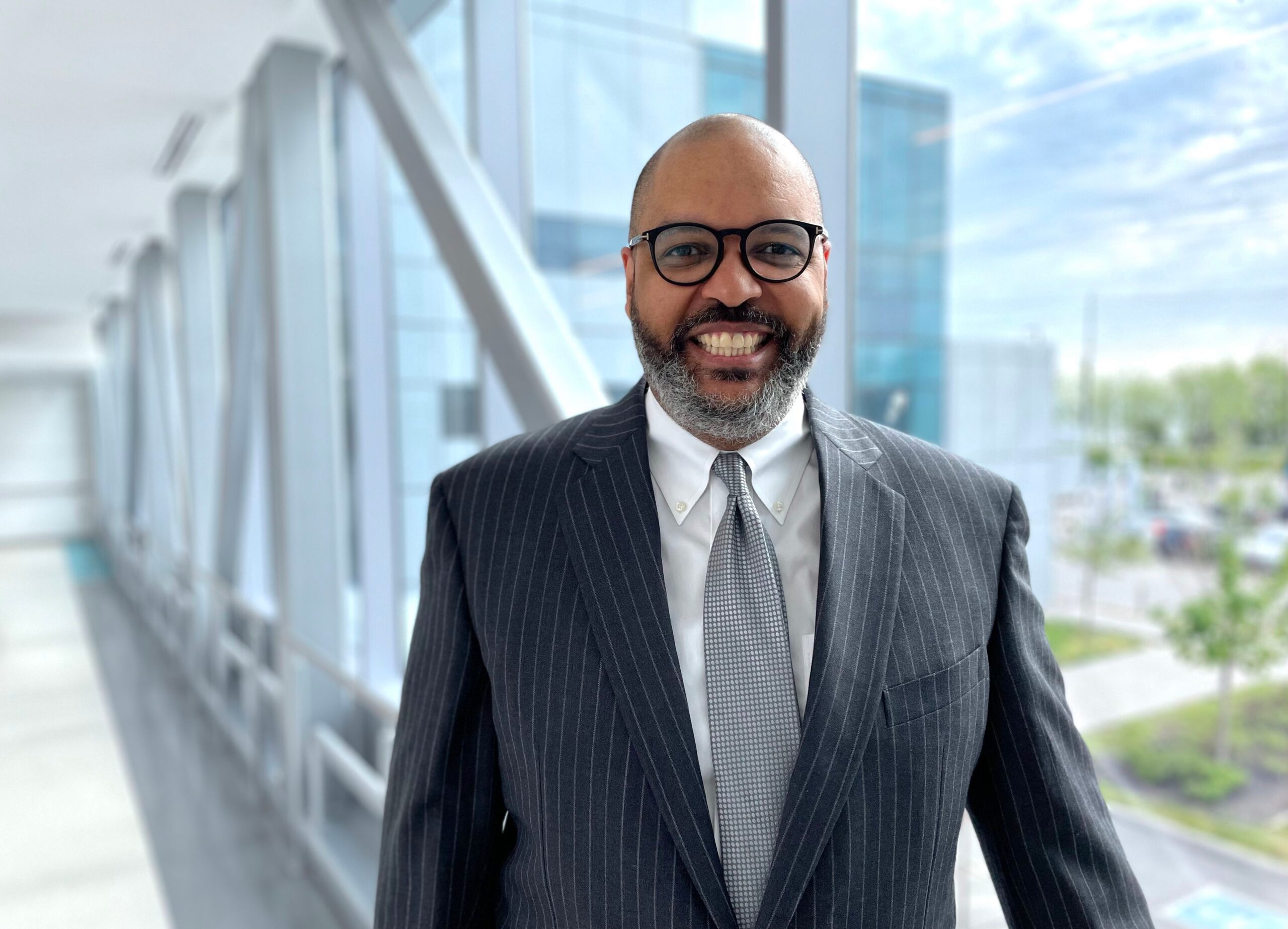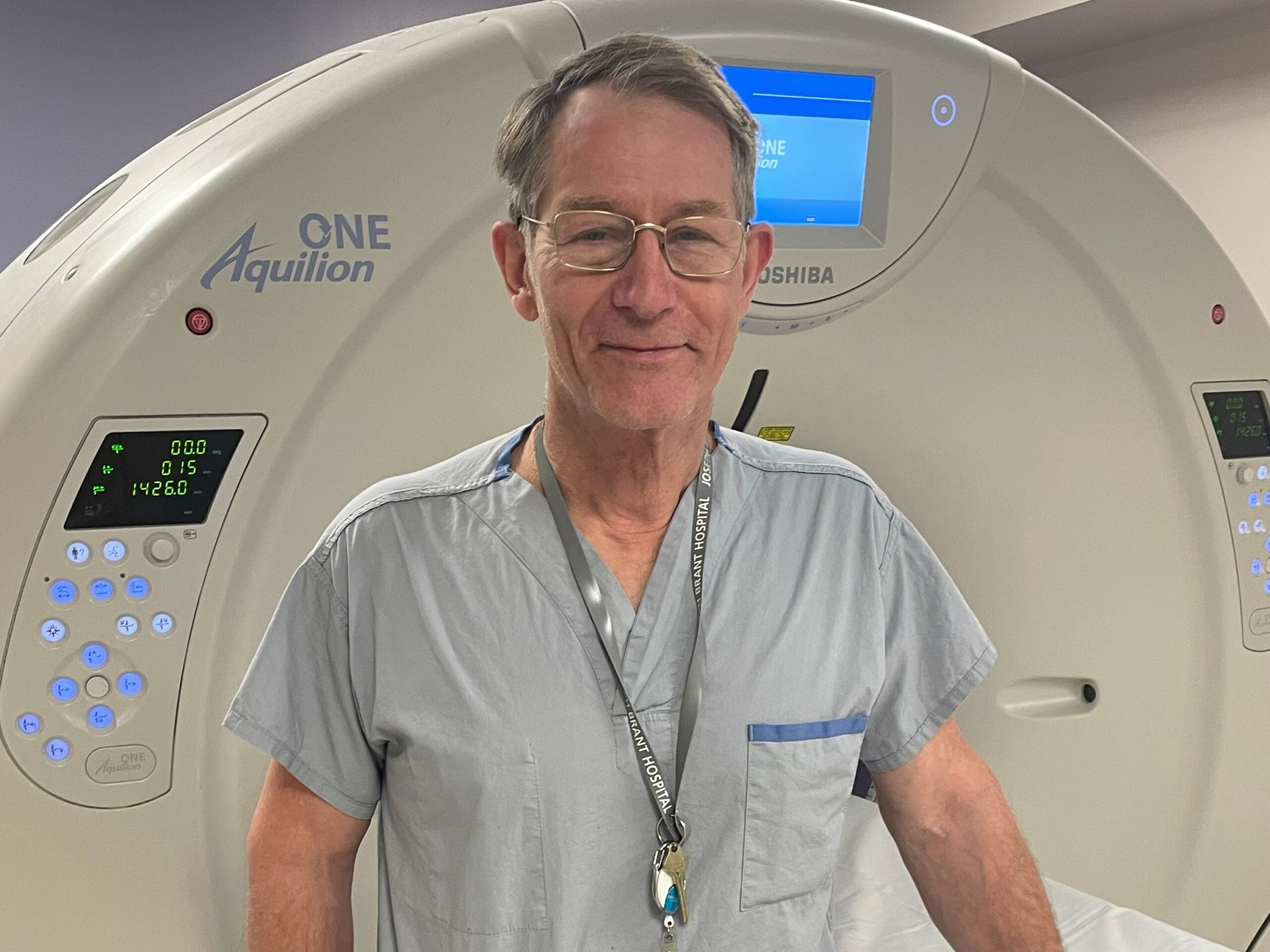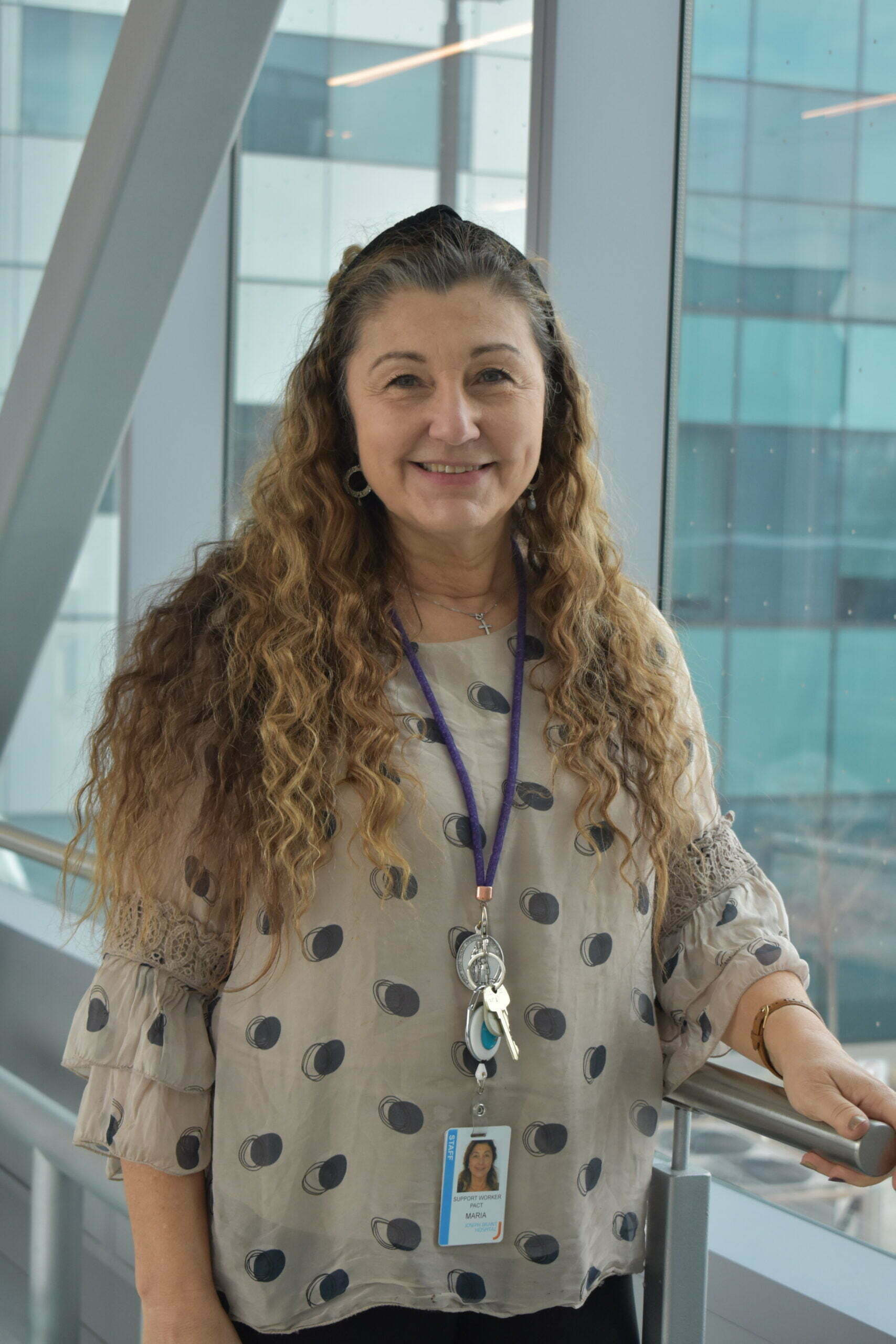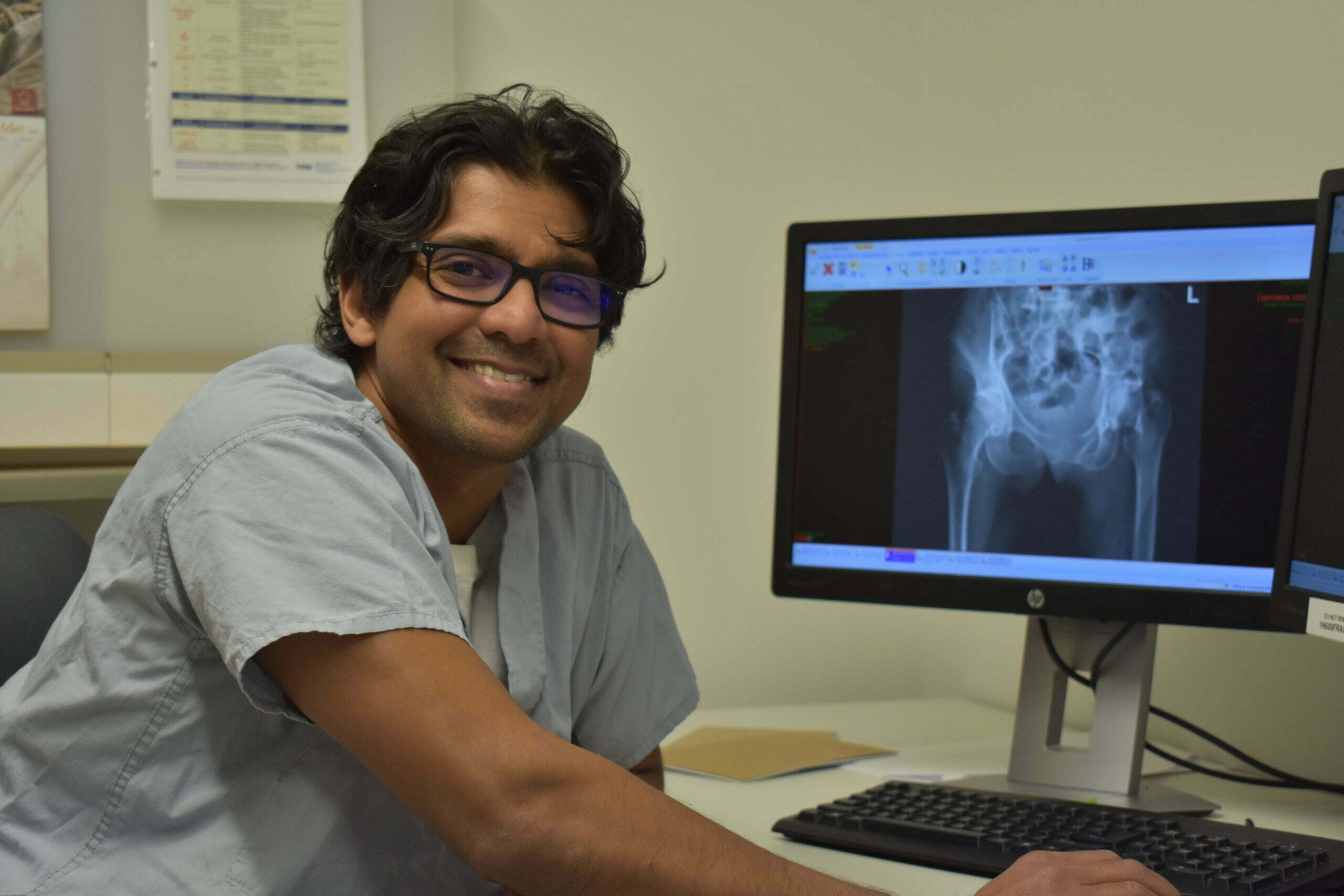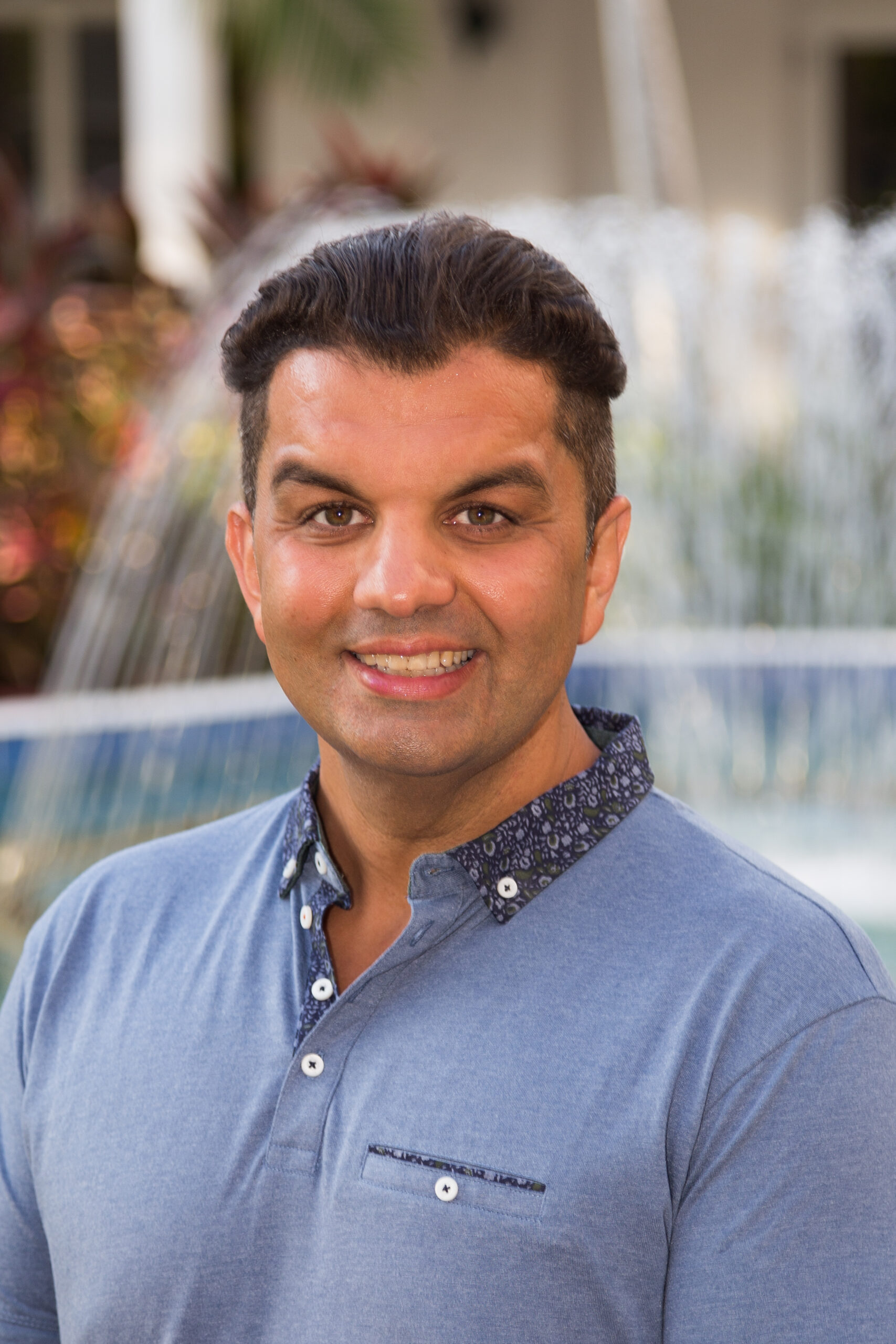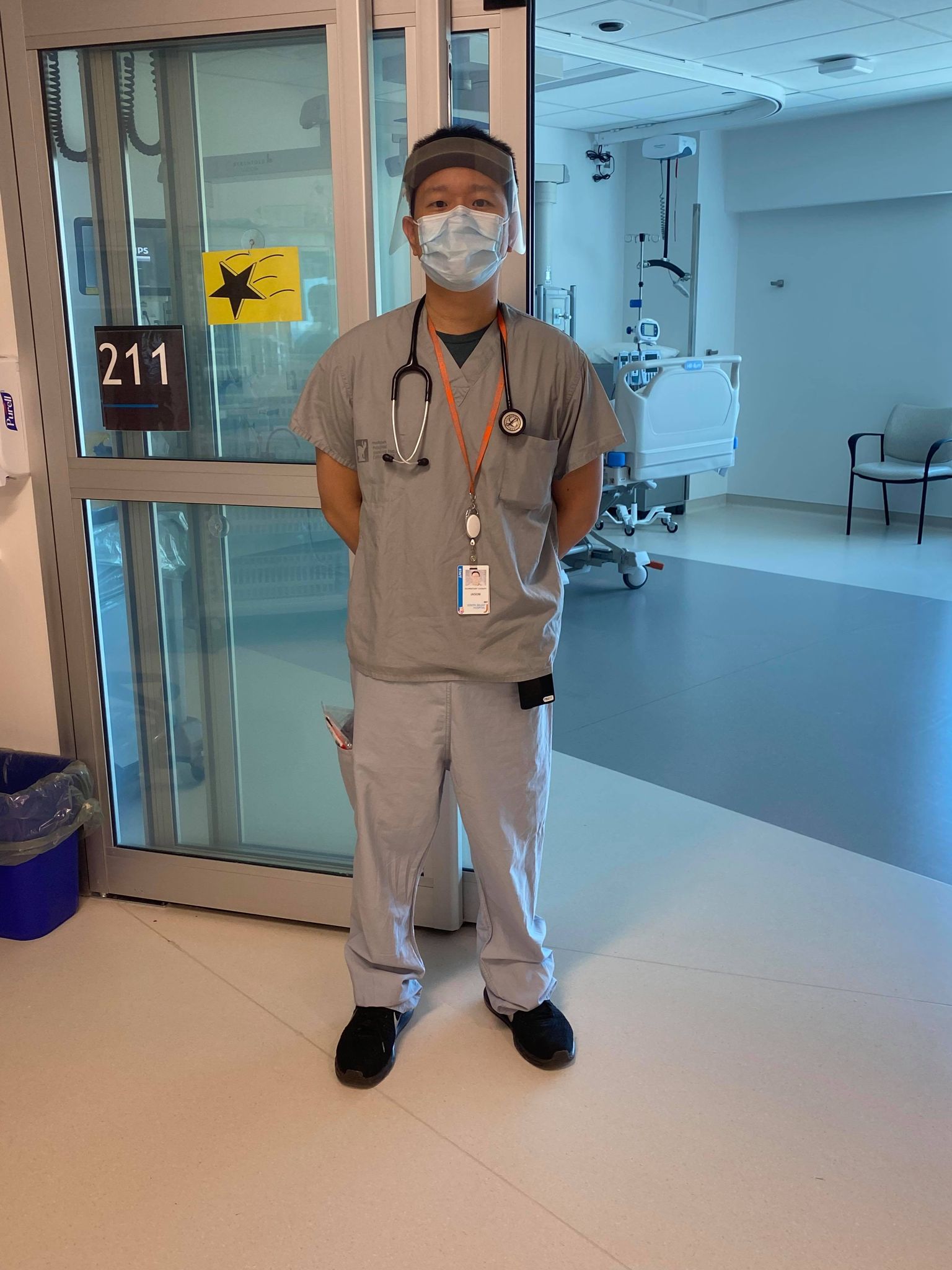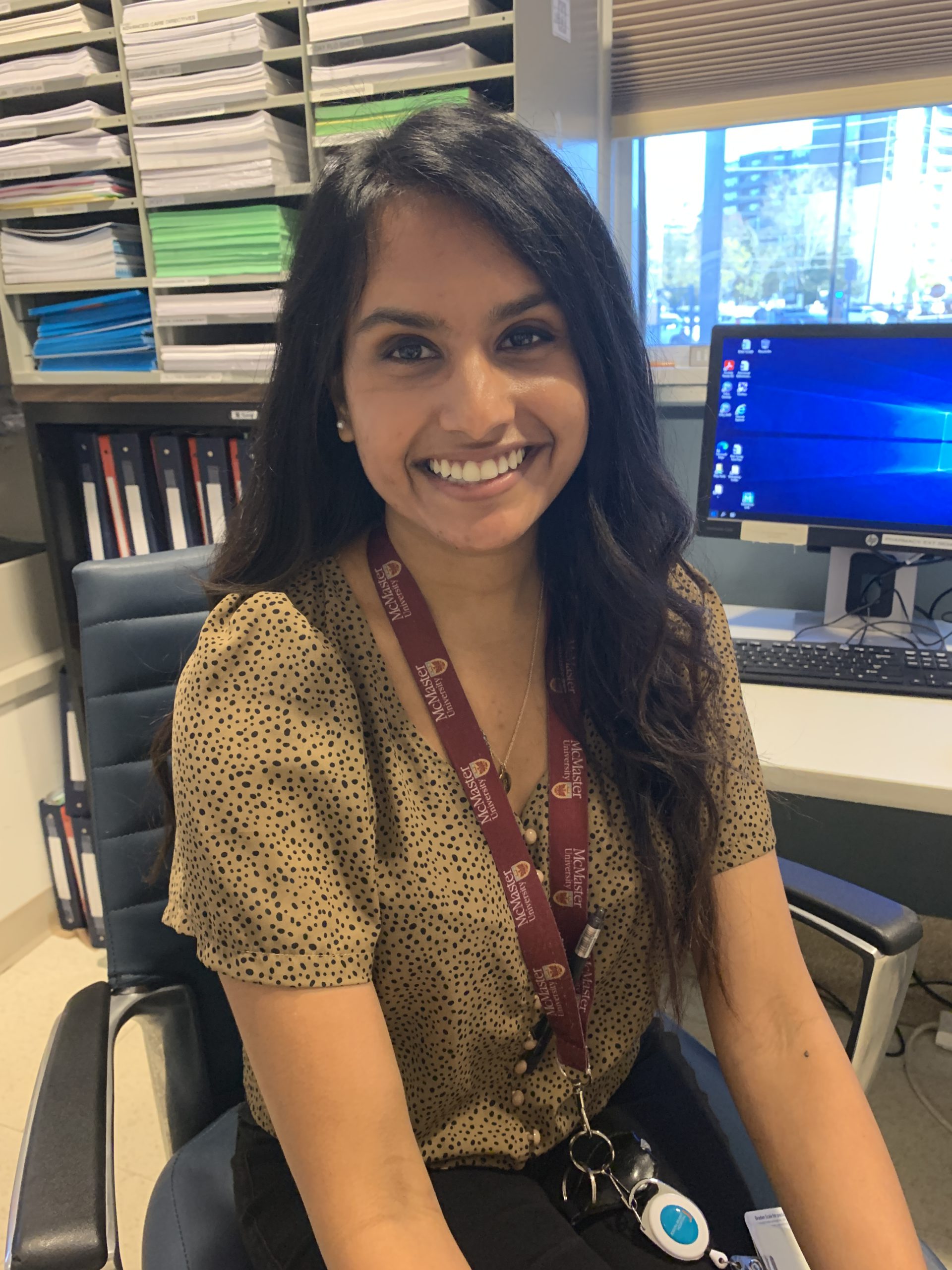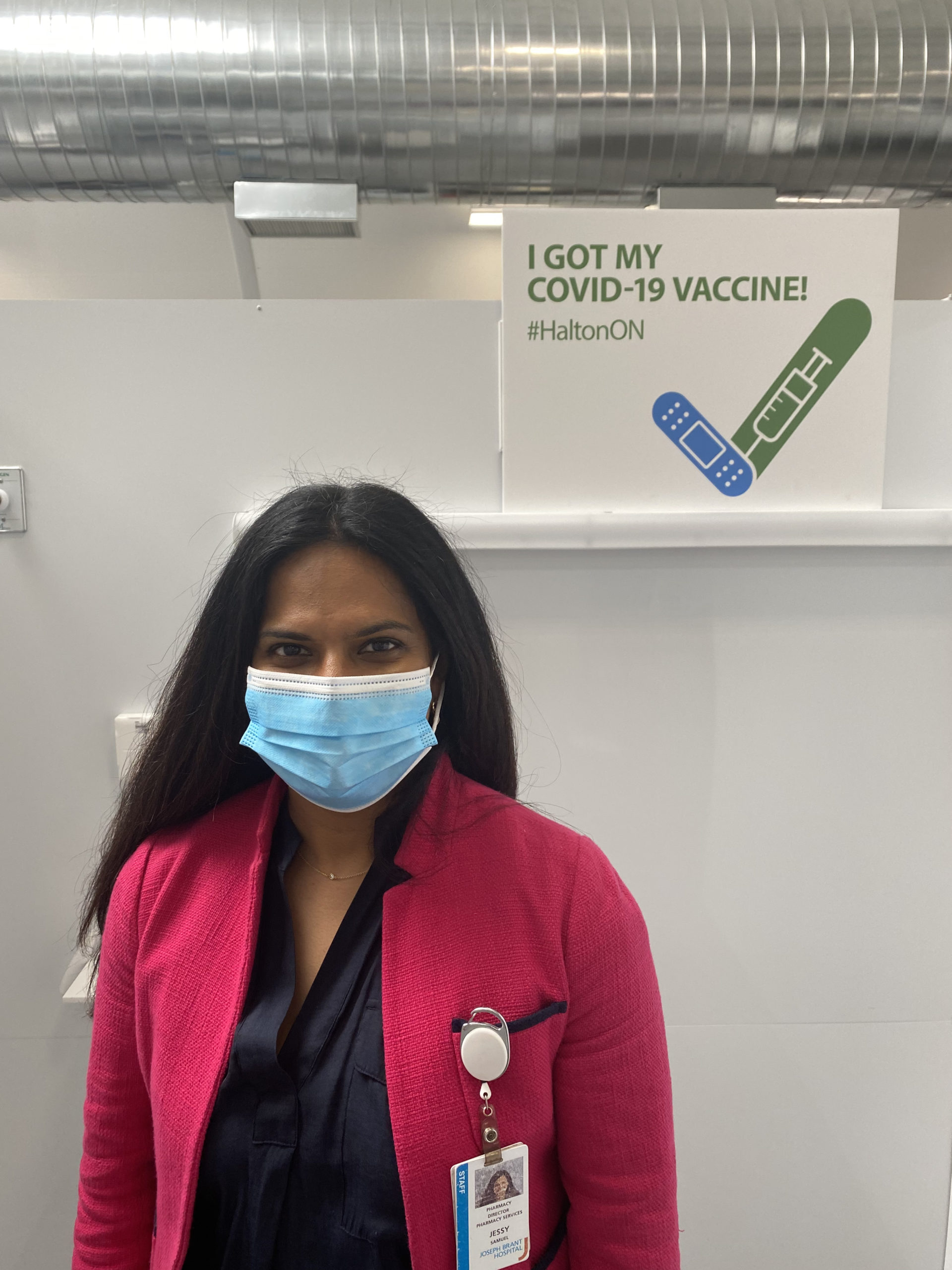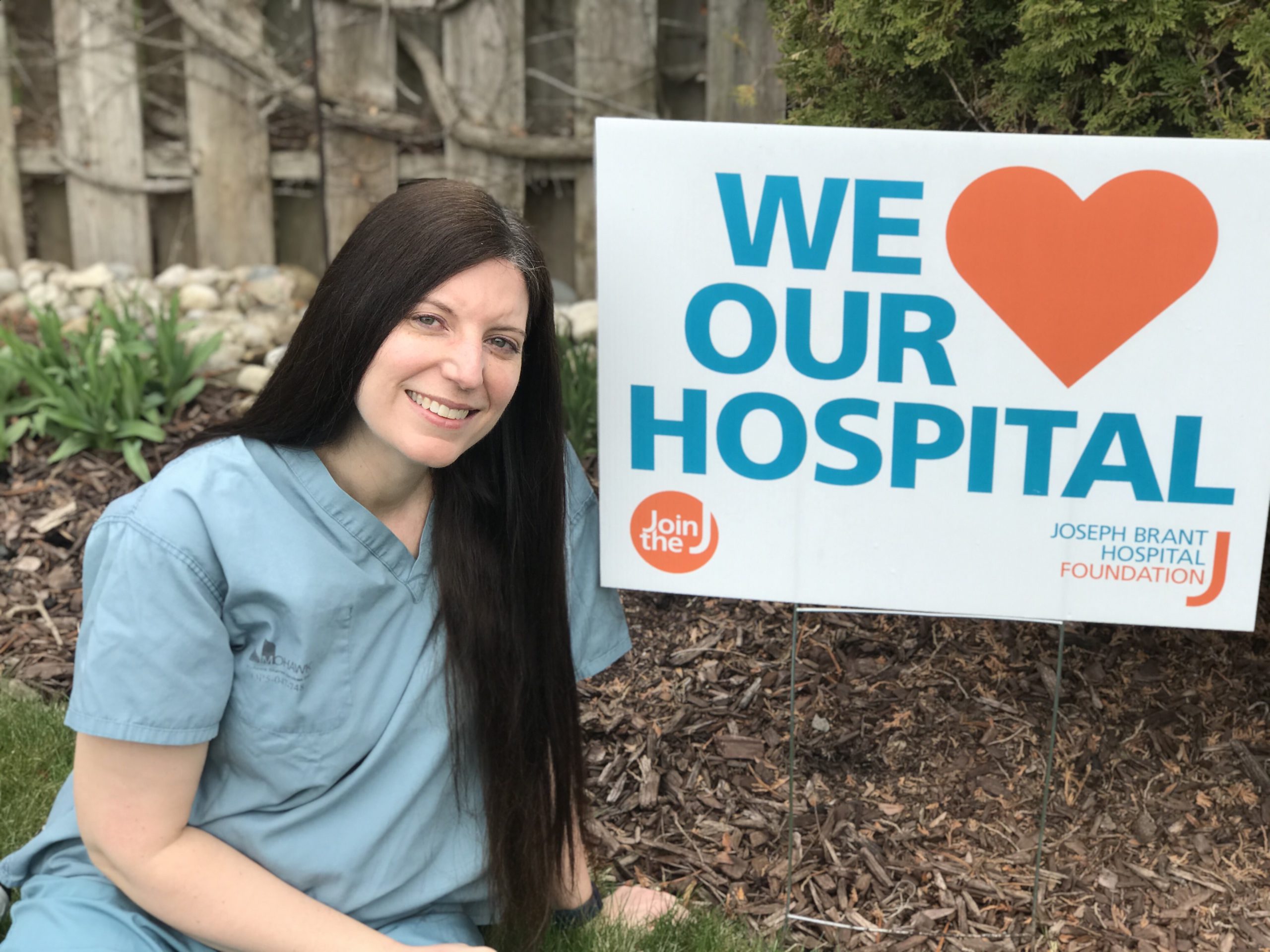“We deal with neonates, pediatrics and adults. We can be found at high risk deliveries resuscitating a newborn in the Labour and Delivery Department, receiving a patient from Paramedics with vital signs absent in the Emergency Department, intubating and placing a patient on a ventilator in the ICU and many other areas within the hospital.”
Over the years, Jason speaks on the great learning experiences he’s received from his fellow RRTs, Intensivists, nurses and other JBH colleagues.
“I’ve gained a lot of knowledge over my 3 year career at JBH and especially this past year when dealing with COVID-19 patients we’ve learned new ventilation strategies and procedures when treating this infection.”
Navigating the waves of COVID-19, Jason is proud of how everyone has been able to adapt to the situation and perform their jobs as needed. Everyone is constantly learning new information, best practices and adapting it to their daily tasks
“The management team in the ICU are doing incredible work with planning and being ready for any type of situation that could arise,” says Jason.
When asked about any particular moments at JBH that stand out to Jason, he explains that there are so many.
“There are many memorable moments at JBH. One moment that sticks out to me happened at the beginning of COVID-19. During the first wave of COVID-19, we had a very sick patient on life support. It took months of hard work to eventually get him off the ventilator where he was able to finally breathe on his own again. One year later, he came back and genuinely thanked all the staff that was part of his care at JBH. It is moments like this that give me hope when dealing with this pandemic.”
With tiring and long working shifts, Jason notes that even the smallest gifts cheer him up.
“I have to say thank you to the donors and the community. When you’re finally done a very long shift and you see thank you cards, letters, small gifts or gestures- it’s seeing those words of thanks that makes me reflect on what I’m doing and what it means to families in my community.”
